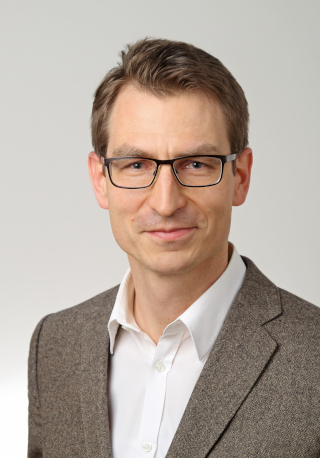Úna Bhreathnach
Term planning is the way in which terms develop or are developed, are made available and are put into use in a language community. When, in 2005, I became editorial manager of a new project to develop a National Terminology Database for Irish, Focal.ie1 (www.focal.ie), I developed a practical interest in the way terminology work is planned (or, often, just allowed to develop) for a language. The importance of addressing all aspects of terminology planning – and not just the provision of lists of terms, in the hope that they will be accepted and used – became especially clear to me. It cannot be assumed that, without strategic thought and planning, terminology will be developed and accepted into use in a way which is beneficial and which contributes strategically to the development of a language.

 Professor Georg Löckinger holds a Master’s degree and a PhD in Translation studies. He is a professor of Technical communication at the University of Applied Sciences Upper Austria, has worked as terminologist in various settings, and is currently the chair of two standardization committees in Austria.
Professor Georg Löckinger holds a Master’s degree and a PhD in Translation studies. He is a professor of Technical communication at the University of Applied Sciences Upper Austria, has worked as terminologist in various settings, and is currently the chair of two standardization committees in Austria.